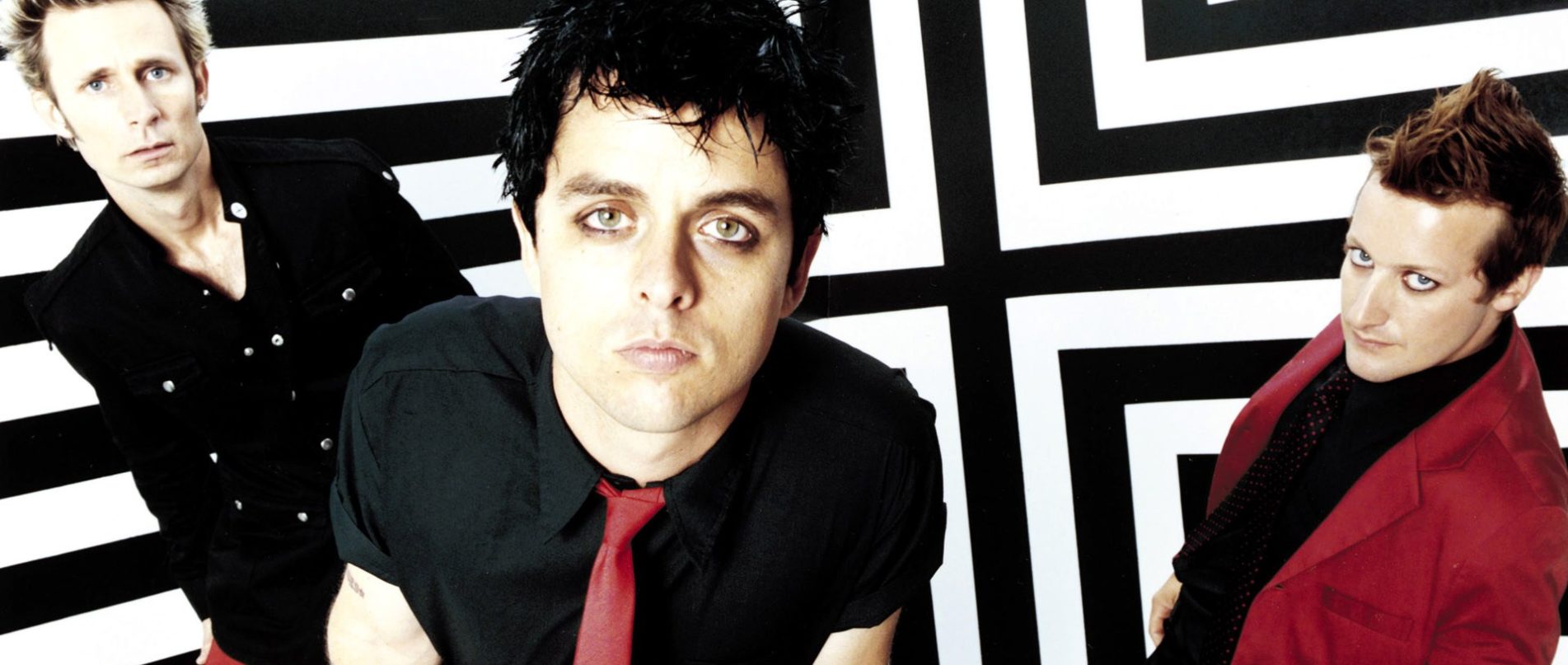
Prompt Images
Green Day’s ‘Warning’ is Better Than ‘American Idiot’: A {Defense}
Nineteen years ago, Green Day reinvented itself, in a way. They released an album that still had the songwriting quality that basically made them the Beach Boys of punk music. It mixed the sentimentality, sneer, and social commentary that Billie Joe, Tre, and Mike always worked with, but the result showcased an obvious growth and willingness to experiment. At this point, you might be thinking, “Man, it’s been a while since I listened to American Idiot.” To that, I scream at the clouds, “I’m not talking about American Idiot, you philistine! That came out 15 years ago.”
I’m talking about Warning, Green Day’s 2000 album that never got its due praise.
I loved Warning at the time and couldn’t believe that Green Day fans didn’t come along for the ride. Everyone who liked Dookie and Nimrod were still pouting over how not punk the band was, and everyone whose graduation song was Time of Your Life didn’t stick around for the ode to BDSM. I re-listened to it recently—because I got a car for the first time in 6 years, and, did you know that cars still come with CD players?—and it still holds up.
Hearing the album again reminded me of how good Warning is, not just musically, but in terms of the substance of its lyrical content. But 17 year-old Dennis was certainly in the minority for enjoying the arrangements and crunchy acoustic guitars that were apparently inspired by Bob Dylan. Unfortunately, the fan response at the time was icy. The rap on Green Day was that they were struggling to excite and hold the attention of their listeners.
By contrast, when American Idiot came out in 2004, Green Day were hailed as being punk and woke (except we weren’t saying woke yet). Critics praised Green Day for song lyrics that criticized George W. Bush and Dick Cheney, and the jingoism cultivated by the administration following 9/11. The album took it a step further, in broadly critiquing the sameness of white American culture.
Economy of language wasn’t a highly valued commodity yet, because death from global (or even more regional) catastrophe seemed much more distant and theoretical, despite the fact that George W. Bush and Dick Cheney were running the country. Critics praised Green Day for song lyrics that criticized the jingoism cultivated by that administration following 9/11 and more broadly for critiquing the sameness of white American culture.
But here’s the thing: On Warning, Green Day had already been critiquing power structures in America. They did it before 9/11 even happened on an album called Warning. And yet, fans were too busy critiquing the use of new instruments like concertinas, mandolins, and horns to notice.
Warning came out in the fall of 2000.
It didn’t need 4 years of Bush-Cheney to recognize retroactively what would come to be; instead, Warning predicted it. The title track asked “Is it the cop, or am I the one that’s really dangerous?” That statement feels prophetic now in 2019, at least for me, a white person who was 8 years old when the Los Angeles Riots happened.
Billie Joe Armstrong crooning that one course of inaction is to “shut up and be a victim of authority” probably felt like suburban whining at the end of the Clinton years. What authority? Everything’s fine. Fast forward 4 years and everyone is gushing over American Idiot’s songs about someone named Saint Jimmy, the Jesus of Suburbia.
It drove me bonkers.
The things that people loved about American Idiot were in the very appropriately-named Warning.
But it took disaster and punk rock suites for everyone else to get it. American Idiot was fine, and my goal isn’t to bash it. But these albums carry the same themes, so why didn’t fans get on board sooner? We could all be harmonizing to “Deadbeat Holiday,” singing “Grounded in a duplex to find that / You’re living on a landmine / Vacation hotspots is a cemetery drive” as we pull into the Quick Trip.
Instead, Billie Joe had to straighten his hair and go halfsies with Tre Cool on some guyliner. Mike Dirnt used to wear bowling shirts. Look what they had to do to stay relevant.

My point is, that Green Day didn’t suddenly decide to tackle social criticism starting with American Idiot. It had literally happened the album before, in a much more musically diverse way. Twenty year-old me was so pissed at everyone who thought the use of suites and recurring characters was a revelation. Thirty-five year-old me still thinks praising the use of classical music structure was a lazy way for critics to seem high-minded; I’m just less angry about it.
But I still think you need to listen to Green Day’s Warning. It’s very good. And it’s depressing how relevant lyrics about overspending and “a credit report for duty calls” are. Still.



